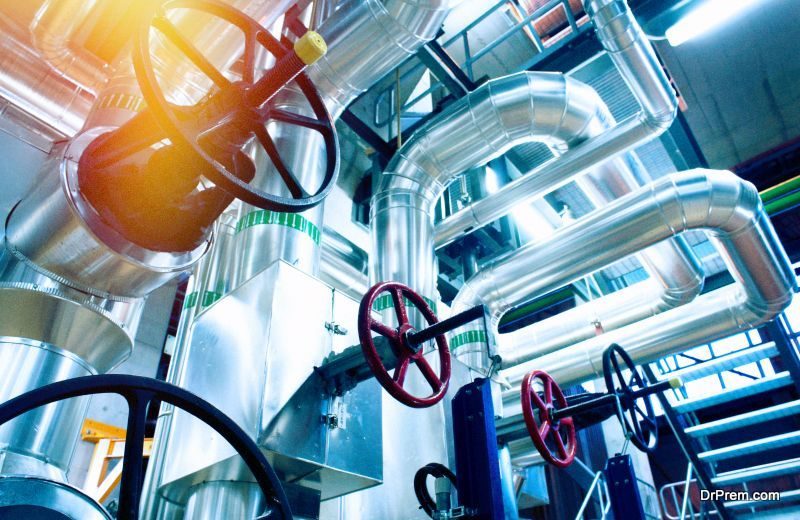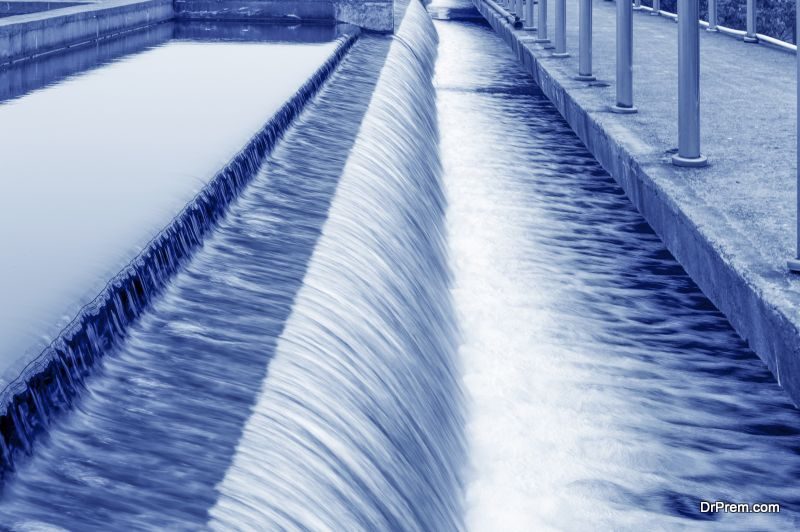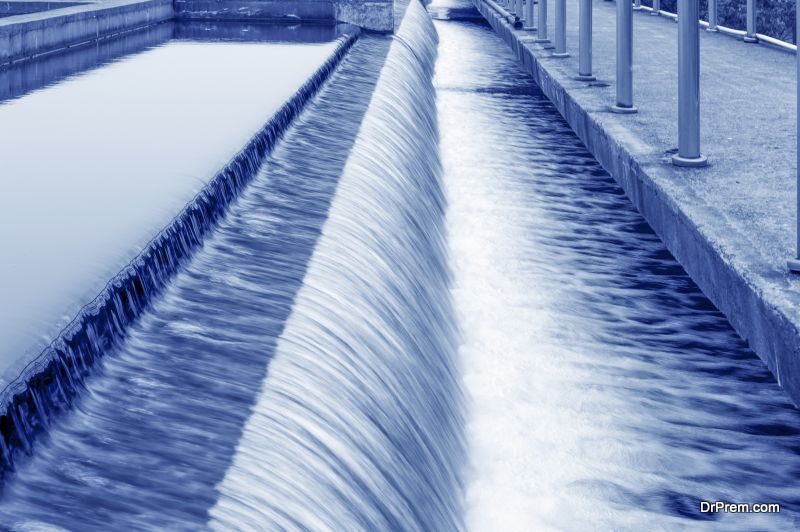Wastewater can be reclaimed and reused for various environmental purposes, such as, creating artificial wetlands, sustaining streams and natural wetlands. It can also be used for irrigation of commercial nurseries and crops, and landscape irrigation, which includes irrigating school yards, parks, cemeteries, residential and golf courses. Wastewater further finds ample uses in industrial reuse and recycling, such as in water for cooling towers, makeup water, boiler feed, and in heavy construction etc. Nonetheless, when treated properly, wastewater becomes perfect for potable and non-potable urban use, for groundwater recharging and for numerous other uses.
Advantages of wastewater treatment

Wastewater should be treated in order to reduce the demand for freshwater, which is depleting day by day. There are many different processes of wastewater treatment, some of which may reduce the requirement for huge wastewater treatment facilities. This technology may decrease the volume of wastewater that is discharged, which benefits the aquatic environment. Capital cost of wastewater treatment systems is between medium to low, it is usually recovered within a short duration. Treated wastewater quality is sometimes even better than that of well water. Wastewater Clarification and Separation reduce the risk of diseases like shigella, giardia and E. Coli.
Processes of wastewater treatment
Membrane filtration systems
High pressure membranes are used for reverse osmosis or nanofiltration for treatment of water. The water thus produced is suitable for indirect potable use and for industrial processes requiring high-purity water. Low pressure UF or MF membranes effectively remove viruses. These membranes are being used for tertiary advanced wastewater treatment that involves removal of dissolved species, phosphorus, organic compounds, nitrogen species, human pathogens and suspended and colloidal solids.
Urine separating toilets
These toilets treat urine to produce fertilizer products and more research is being conducted to perfect this technology. These toilets can manage nutrients with minimum external resources.
Nanotechnology

According to studies, soon we will see some dramatic improvements in the nanotechnology process. Nanotechnology concepts are being researched for production of high performing membranes. These evolved membranes will have reduced fouling characteristics, improvement in hydraulic conductivity and more selective transport/rejection characteristics. Advances made in the RO technology are improved configurations and membranes, increased efficiency of pumping and recovery systems, and the development of membrane distillation technology.
Microbial fuel cells
This technology is still in its early days but it has the potential to be used for the production of electrical energy from the organic matter present in waste streams. The process involves capturing the energy that is generated by microorganisms during metabolic processes, via electron transfer method.
Natural treatment system
In NTS, a wide variety of biological, chemical and physical processes simultaneously function and remove a huge amount of contaminants, including pathogens, nutrients and micro-constituents. It is now being frequently used for the treatment of storm water. It has been used effectively to treat potable water and NTSs are also being increasingly used to reclaim water.
Wastewater from home and industrial use, and stormwater, can be treated effectively to produce water which is suitable for both potable and non-potable uses. This would greatly reduce the need for freshwater and it will have a beneficial impact on the environment. It will be helpful in both water conservation and reducing water pollution.
Article Submitted By Community Writer




